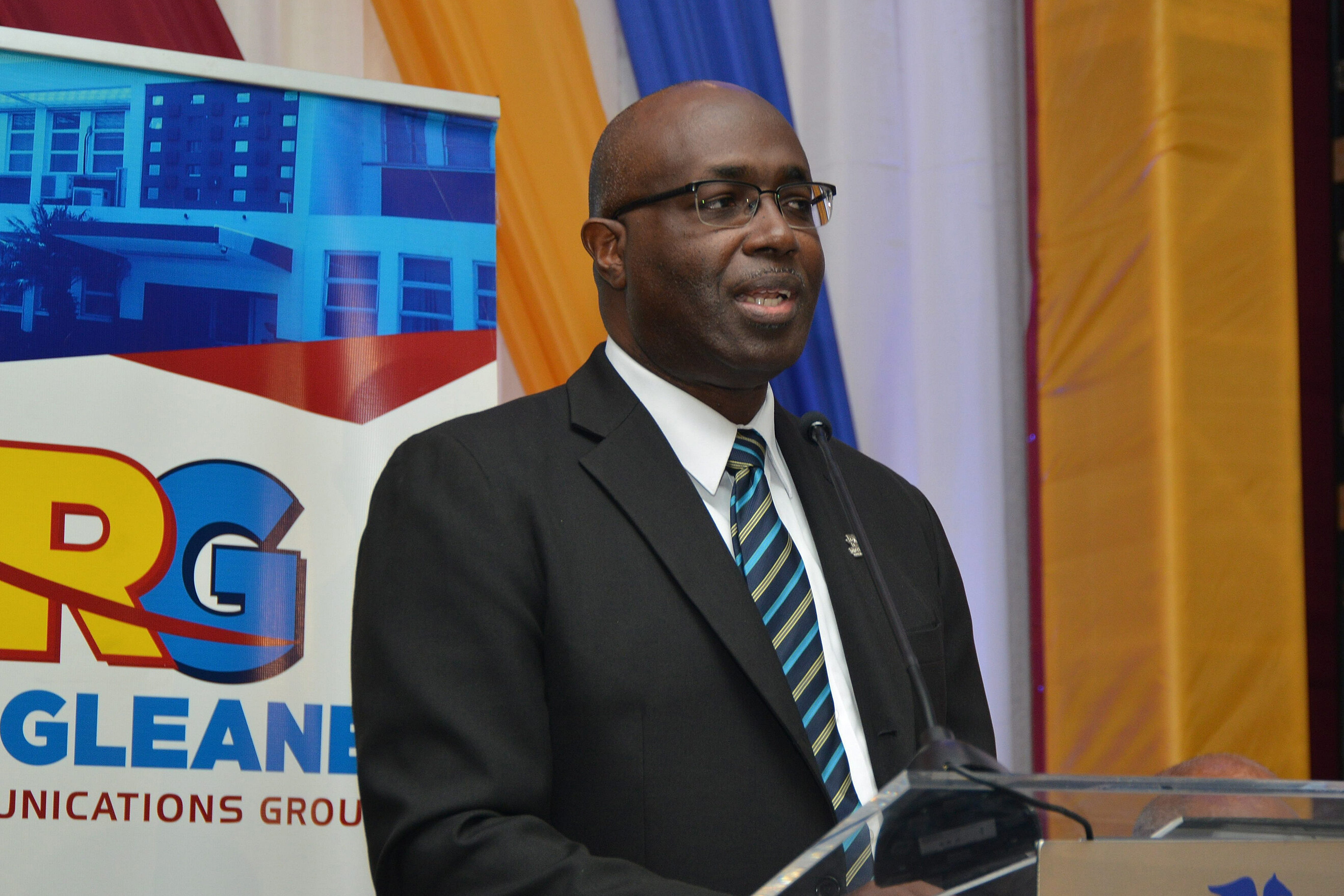Caribbean media and information literacy and disinformation action plan launched!
2nd November 2022
On 1 November 2022, the PMA — in partnership with the UNESCO Cluster Office for the Caribbean, the Media Institute of the Caribbean (MIC), and the Association of Caribbean Media Workers (ACM) — hosted the online event, “Situation Report & Action Plan on Media and Information Literacy and Disinformation in the Caribbean”.

During the event, Project Facilitators Kiran Maharaj of MIC and Nazima Raghubir of ACM launched an eight-point action plan and shared a summary of our recent Caribbean research aimed at promoting media and information literacy (MIL) and combating misinformation and disinformation.
The eight-point action plan concentrates on key areas of importance that should be considered for the creation of a sustainable and enabling environment for Caribbean media outlets and journalists. It also considers more robust efforts to tackle both misinformation and disinformation while committing to media literacy for all, with the goal of rebuilding trust in news media.
Meanwhile, the situation report carried out an analysis of MIL, disinformation, and trust in news across the Caribbean. It covered eight countries: The Bahamas, Barbados, Grenada, Guyana, Jamaica, St. Vincent & the Grenadines, Suriname, and Trinidad & Tobago.
Among the major findings noted by Ms. Maharaj and Ms. Raghubir were the need for cross-sector and regional collaboration and regulation of media organisations, both through legislation and professional media bodies. The full report will be made available in late November.
The report and action plan call on all media stakeholders in the region to widen their understanding of the benefits of collaboration and sharing best practices and innovations that address media and information literacy and disinformation.
“Truly indispensable”
During the launch, keynote speaker, veteran Caribbean journalist and media trainer Julius Gittens, outlined the importance of targeting disinformation and media literacy and building trust in news through high quality, public service media. He noted the challenges facing the regional media landscape, including minimal independent funding, audience fragmentation, and insufficient research into understanding the way audiences interact with information.
“We should not underestimate the potential of this work to our informed global actions. […] There’s really much to be done and the eight-point action plan and situation report will provide important guidance on the way forward.” – Paul Hector, UNESCO Cluster Office for the Caribbean Communication and Information Advisor
“It is one of the great ironies of our vocation that trades in the factual that it must itself be at a loss for knowledge of the facts surrounding our present and future state,” Mr. Gittens said in his speech. “Across this yawning chasm, I am pleased to report, comes this vital and timely intervention – an action plan combatting misinformation and disinformation for Caribbean media workers.”
Meanwhile, Paul Hector, Advisor for Communication and Information at the UNESCO Cluster Office for the Caribbean, stressed that media and information literacy is “truly indispensable” and is central to the work journalists do. Journalists, he added, must be supported as they undertake the key role of “filtering, checking, and analysing facts”, especially as the world faces challenges such as climate change.
“In this project we have focused on capacity building, focused on strengthening regional collaboration, and developed an action plan that shows key actions and shows what we can do when we come together,” Mr. Hector said. “[The situation report] is an important breakthrough; it’s laying the foundation for evidence-based policies, strategies, and action plans, for our region and beyond. We should not underestimate the potential of this work to our informed global actions. […] There’s really much to be done and the eight-point action plan and situation report will provide important guidance on the way forward.”
The event also featured perspectives from two veteran Caribbean journalists, Ava Turnquest (Bahamian journalist & Head of the Digital Department at Eyewitness News) and Denis Chabrol (Guyanese journalist, ACM Executive, and Publisher at Demerara Waves Online News). They both shared their experiences with disinformation, media literacy, and the public’s trust in media. Ms. Turnquest, for instance, noted the difficulty in regulating disinformation websites and advocated for the introduction of media literacy into the education system to better support the next generation of media literate citizens.
Missed the event? You can catch up with the full session below.
The event was part of a wider project implemented by the PMA and our regional partners, MIC and ACM. It is supported by the UNESCO Cluster Office for the Caribbean and UNESCO’s International Programme for the Development of Communication (IPDC). Read more about the project here.

Related Posts
1st November 2022
Switching from analogue to digital in the Caribbean
In the Caribbean, conversations around…


